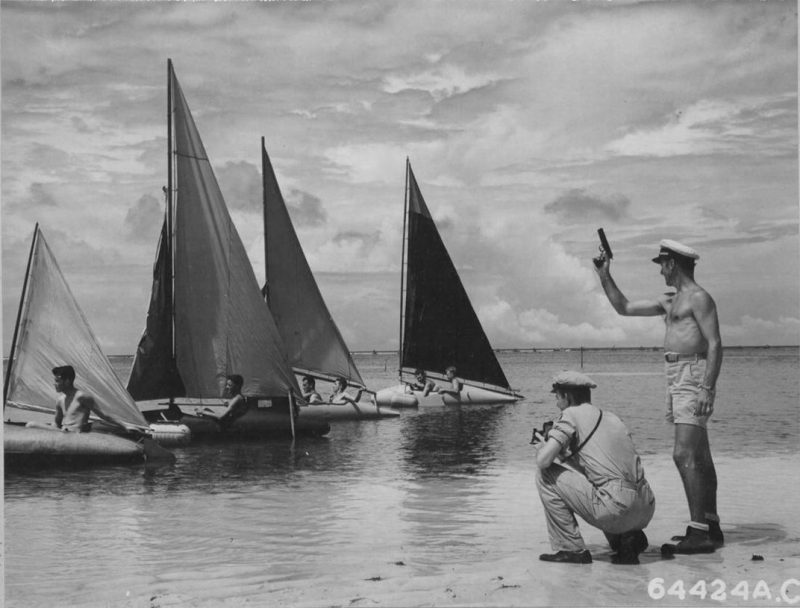The United States had some amazing weapons that helped win World War II. However, after the war, a lot of machines that had been productive on the battlefield became obsolete and were scrapped.
Luckily for the US, there were still plenty of interesting uses for the aircraft after the war.
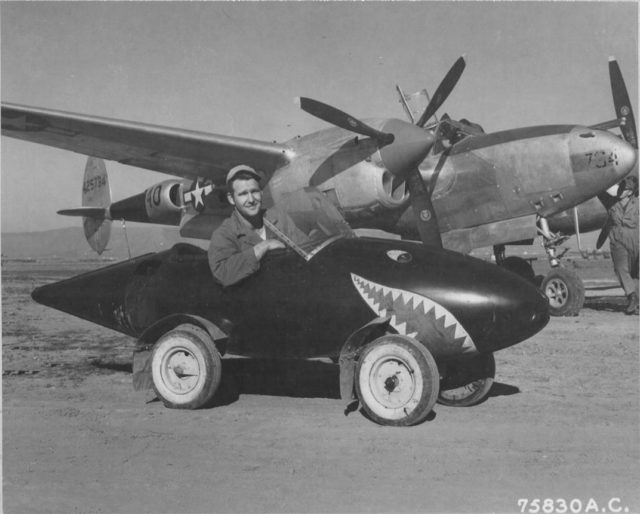
- Cars.
The Lockheed P-38 Lightning was one of the major airplanes used by the United States throughout World War II.
During an incredible battle, one P-38 was struck from the sky by an anti-aircraft gun around Munich. A gentleman from the 84th Fighter Squadron 1st Fighter Group made a car with the remains of the aircraft.
He recycled the fuel tank and added some wheels to it. To top it all off, he made a nice plexiglass windshield to install on the car. Talk about an instant classic.
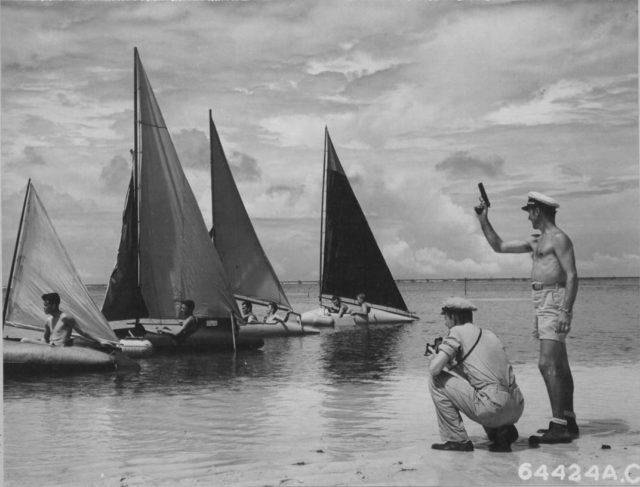
- Racing sailboats.
When the 7th Air Force had the grace of some free time during the war, they chose to have a lot of fun. The crew created cozy sailboats to race and cruise around the coast of Palau. Not a bad way to spend an afternoon during a long war.
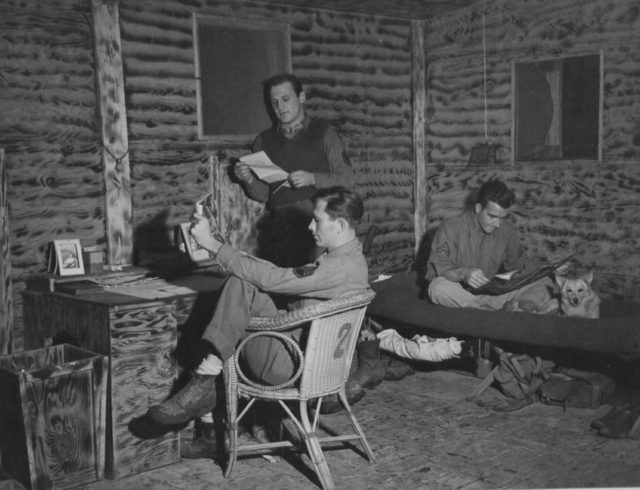
- A handy chicken coop
If you ever end up on a road trip throughout the rural parts of North America, you’ll likely stumble upon the bodies of bombers that were used in World War II. However, if you never read this article, you’d never realize it. The Bombers are cleverly disguised as chicken coops. After the war, America still had an abundance of farms throughout the country.
After the war was over, the government allowed farmers to buy Lancaster bombers that were no longer needed for the incredible price of $500.
The bomber came stocked with gas, oil and anti-freeze creating a win-win situation for the farmer.
But after everything was said and done, the body of the plane left a perfect source to create a chicken coop for farmers. However, farmers got a little carried away with the bombers they were sold, and the government caught wind of it.
People began trying to make airliners out of the retired bombers, and it was a dangerous endeavor.
The government had no choice but to show up for the safety of the pilot and the passengers due to the unseen damages that could have been suffered throughout the war. If someone was bold enough to make an airliner, the plane’s wings would be sawed in two making them completely useless.
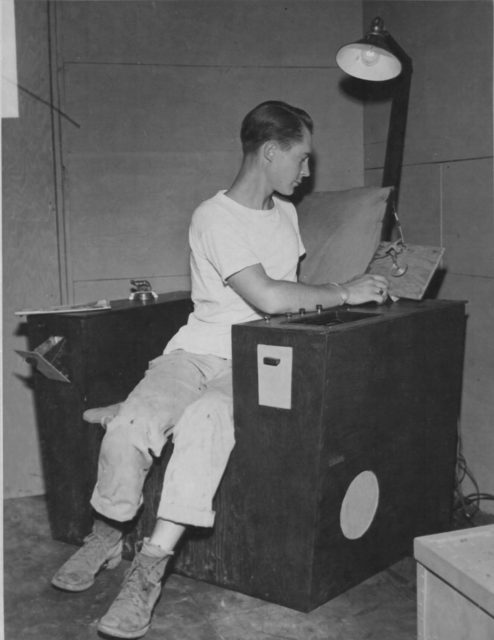
- A P-51 tank that could move 131 miles per hour
One of the ground fighters in Italy started this journey with the belly tank of a P-38. He added a classic plexiglass shield and installed some wheels to get it moving. After the airmen and pilots had got home from war, they began buying the extra tanks for only $35.
They then transported what they called “lakesters” to dried up lake beds throughout the states of California and Utah. In 1946, a 165-gallon belly tank that was the remains of a P-51 hit just a click over 130 miles per hour thanks to a smooth V-8 engine from Mercury.
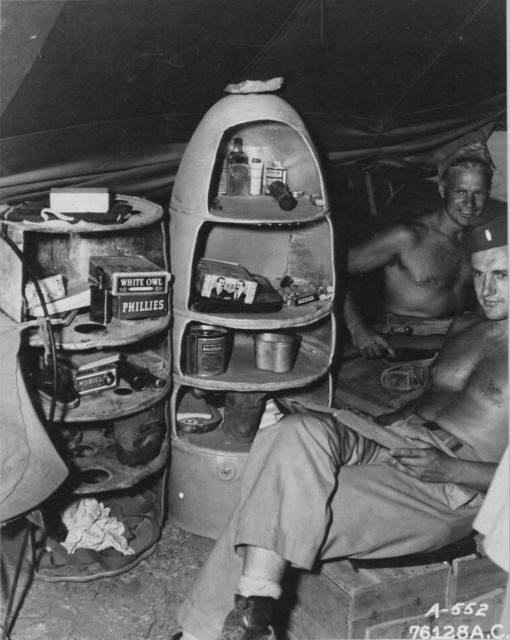
Now lets check out a couple of ways soldiers made their lives a little bit more comfortable during the uncomfortably long war.
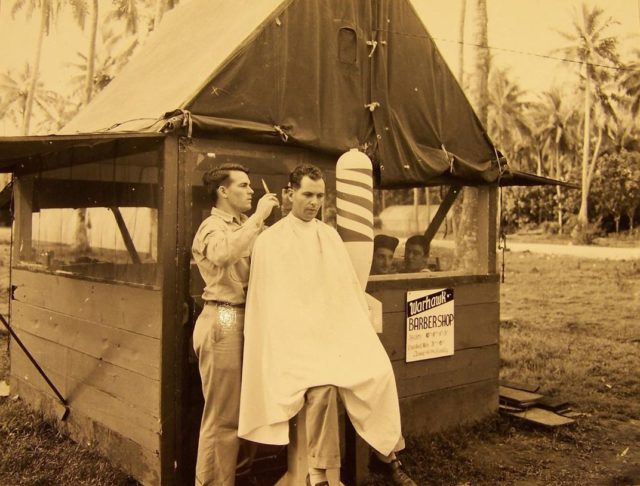
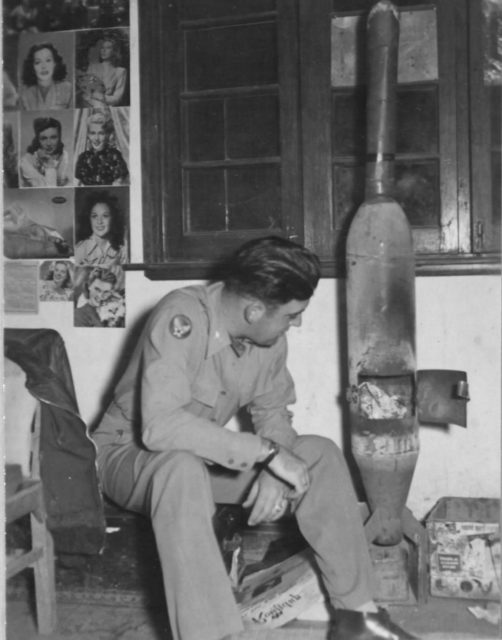
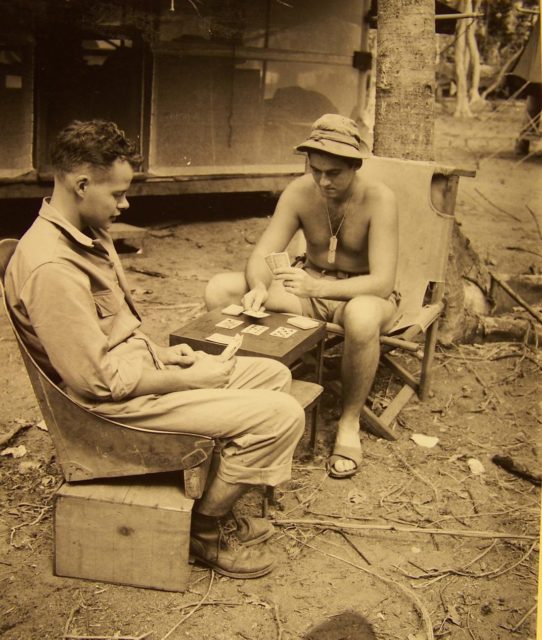
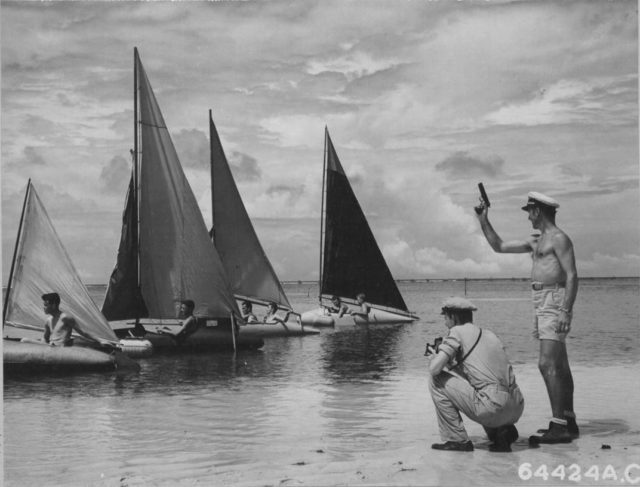
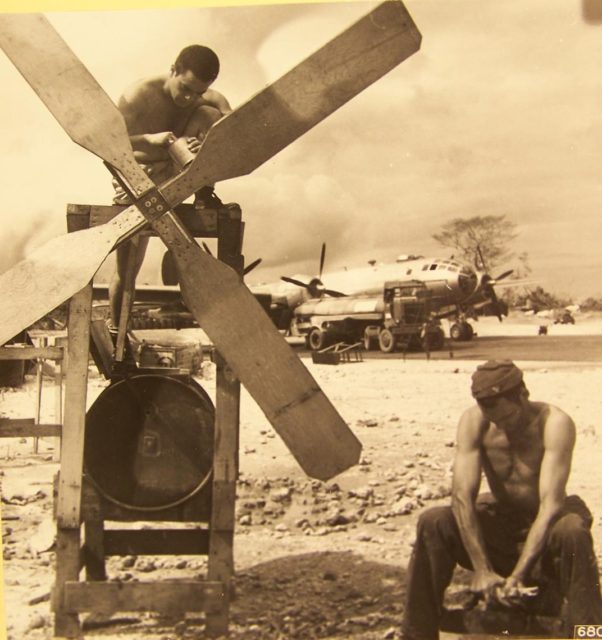
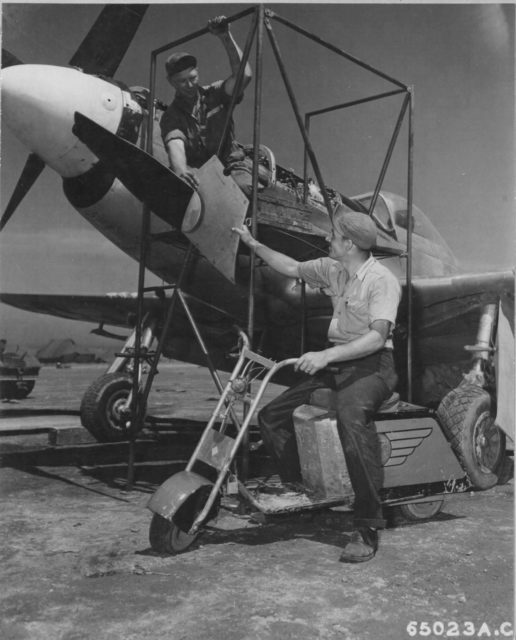
- A bomber crew that was located in Italy constructed an entire home to be used in the deliveries for drop tanks and airplane parts. That’s the perfect way to make yourself feel more at home inside a place of conflict.
- Ray Petit crafted a chair out of a wooden crate of a belly tank. This chair may not rival Lazy-Boy, but it was included with a reading light, a radio that used a fancy sleep timer, a nice rack to put his favorite magazine, and a lovely ash tray. That sounds like a fantastic way to spend a night off of fighting.
- When fuel tanks emptied throughout World War II, common aircraft technology dropped the empty fuel tanks. They could be used for a lot of fun projects. The most notable use for these empty tanks was to create hand-crafted book shelves for the troops to use while they were at war.
- If you were chilling on a South Pacific island and you needed a haircut, you wouldn’t have to look any further than a bomb shell. The Warhawk Barbershop gave a world class cut for the soldier at war, and the barber pole was none other than a fancy bomb shell.
- Mr. Everett Baker encountered some really cold nights while he was stationed in China. Luckily for him, he was creative. Everett created a lovely stove to keep himself warm. All he needed was a hollow bomb shell, and some tin scraps. There’s no doubt that this genius invention would make a killing if he brought the idea home with him.
- While at war, there was understandably a shortage of chairs at camp. Luckily, some soldiers use the cockpit seats of inactive planes to keep themselves comfortable during their down time. It may not be a nice $400 leather office chair, but it certainly had the perks of a place to comfortably lounge.
- Another great use of a cockpit seat occurred when it was transformed into a dentist chair. It was extracted from the plane and then attached to a frame. The drill was created by a motor of a bomber and a propeller cone that was taken from a fighter.
- Guam was a little bit of a paradise, but when it came to wash day, homemade washing machines ruled the island. A little machine was created through using a rotating propeller. Talk about a handy way to stay fresh in paradise while you have a couple hours to relax.
Here is another WWII aircraft story from us: XP-55 – A highly unusual World War II aircraft design
9.The last fun use of broken down planes during the war came from fuselage panels and cowling. The ultimate result was a motorized scooter that was built from scratch. That sounds like a fun way to move throughout the day as your fixing up P-51s at Iwo Jima.
